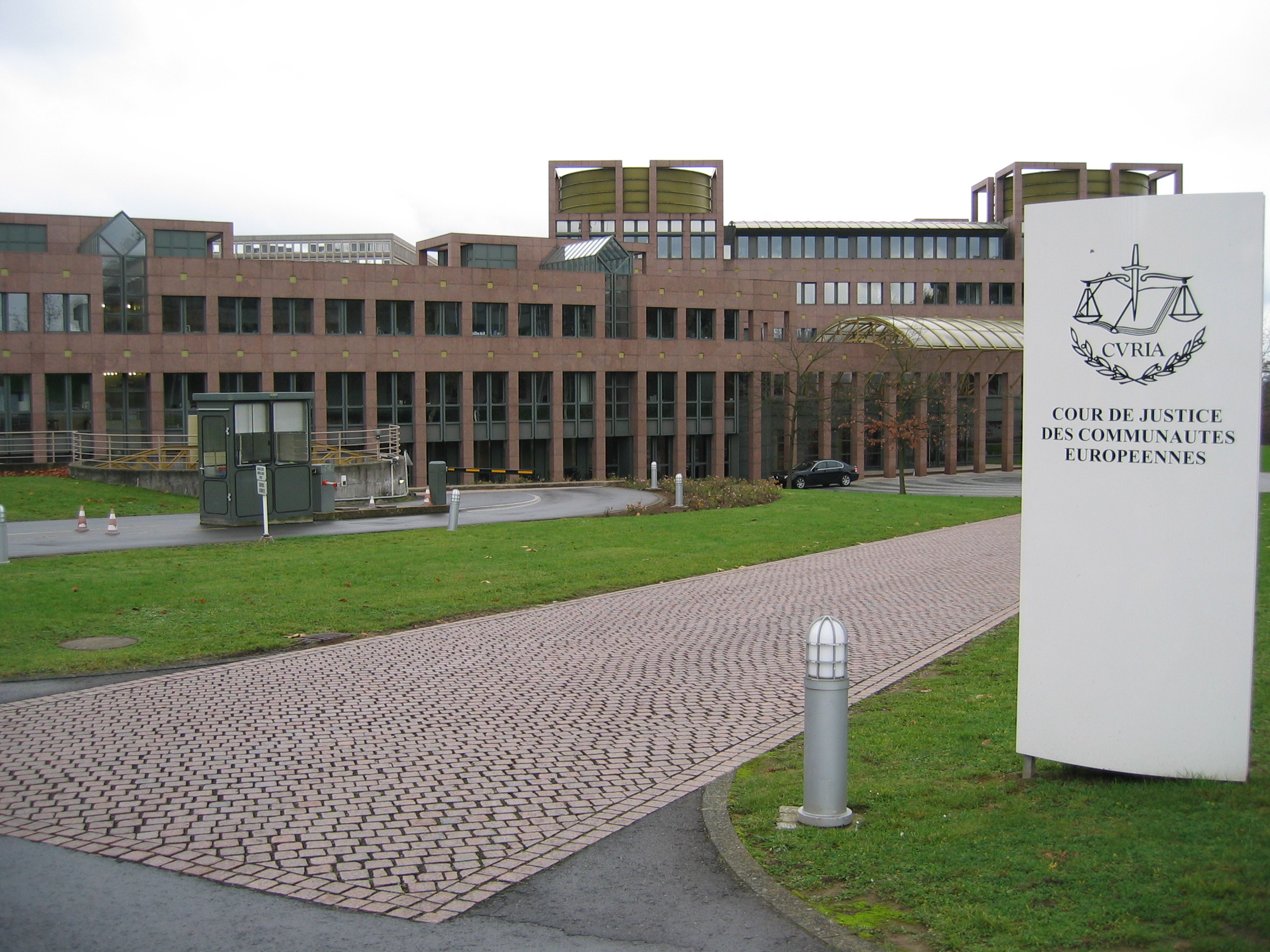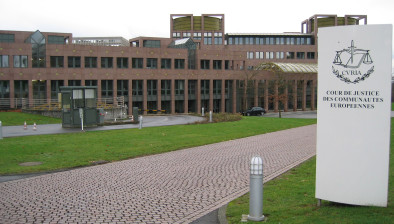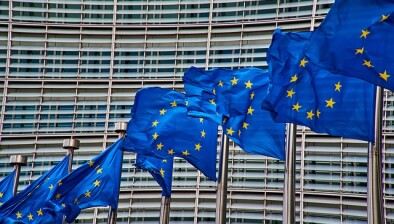CJEU: European ‘right to be forgotten’ does not extend worldwide

The “right to be forgotten” in EU law does not extend worldwide, the Grand Chamber of the Court of Justice of the European Union (CJEU) has determined.
Answering questions referred from a French court considering a dispute between the national data protection authority and Google, the CJEU found that links removed from search result pages following a de-referencing request can be displayed outside of the EU.
EU law only requires a search engine operator such as Google to remove the links from the versions of its search engine corresponding to EU member states, judges said.
The European court ruling has been welcomed by lawyers for 13 NGOs which said the French data protection authority’s insistence on global implementation carried serious implications for freedom of expression, particularly in the developing world.
The NGOs, specialists in the defence of human rights and online freedom of expression in Africa, Asia, Latin America and Europe, intervened before both the French Conseil d’Etat and again before the CJEU.
They are represented by barristers Caoilfhionn Gallagher QC, Jude Bunting and Jennifer Robinson of Doughty Street Chambers, along with avocat Thomas Haas.
Ms Gallagher said: “All too often debates about internet regulation focus on Europe and North America only, ignoring the global ramifications. Our clients are a global and diverse coalition which spans the globe - from the Internet Freedom Foundation of India, to Jonction in Senegal, and the Institute of Technology and Society of Rio.
“They rely on freedom of expression and on the free exchange of ideas and information online so as to carry out their important work protecting human rights around the world. Many are based in countries with repressive press laws, where free access to the Internet is critical in protecting human rights and enabling NGOs to campaign for change.
“The decision of the European court today sets an important precedent for freedom of speech. The right to be forgotten is not universally recognised around the world. No state should be permitted to remove information from the internet with global effect. To do otherwise would trigger a ‘race to the bottom’: where the information available online to internet users everywhere would be determined by the state with the most repressive and draconian laws.”







